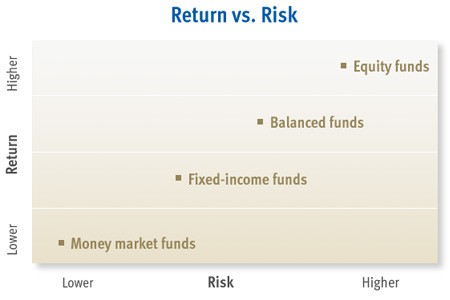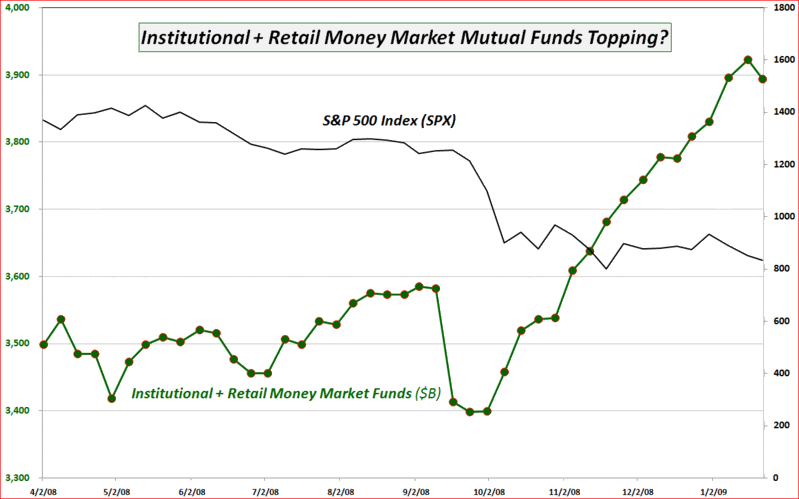Invest FAQ Mutual Funds MoneyMarket Funds
Post on: 12 Июнь, 2015 No Comment

Last-Revised: 16 Aug 1998
Contributed-By: Chris Lott (contact me ), Rich Carreiro (rlcarr at animato.arlington.ma.us)
A money-market fund (MMF) is a mutual fund, although a very special type of one. The goal of a money-market fund is to preserve principal while yielding a modest return. These funds try very, very, very hard to maintain a net asset value (NAV) of exactly $1.00. Basically, the companies try to make these feel like a high-yield bank account, although one should never forget that the money-market fund has no insurance against loss.
The NAV stays at $1 for (at least) three reasons:

- The underlying securities in a MMF are very short-term money market instruments. Usually maturing in 60 days or less, but always less than 180 days. They suffer very little price fluctuation.
- To the extent that they do fluctuate, the fund plays some (legal) accounting games (which are available because the securities are so close to maturity and because they fluctuate fairly little) with how the securities are valued, making it easier to maintain the NAV at $1.
- MMFs declare dividends daily, though they are only paid out monthly. If you totally cash in your MMF in the middle of the month, you’ll receive the cumulative declared dividends from the 1st of the month to when you sold out. If you only partially redeem, the dividends
MMFs remaining at a $1 NAV is not advantageous in the sense that it reduces your taxes (in fact, it’s the opposite), it’s advantageous in the sense that it saves you from having to track your basis and compute and report your gain/loss every single time you redeem MMF shares, which would be a huge pain, since many (most?) people use MMFs as checking accounts of a sort. The $1 NAV has nothing to do with being able to redeem shares quickly. The shareholders of an MMF could deposit money and never touch it again, and it would have no effect on the ability of the MMF to maintain a $1 NAV.
Like any other mutual fund, a money-market fund has professional management, has some expenses, etc. The return is usually slightly more than banks pay on demand deposits, and perhaps a bit less than a bank will pay on a 6-month CD. Money-market funds invest in short-term (e.g. 30-day) securities from companies or governments that are highly liquid and low risk. If you have a cash balance with a brokerage house, it’s most likely stashed in a money-market fund.














